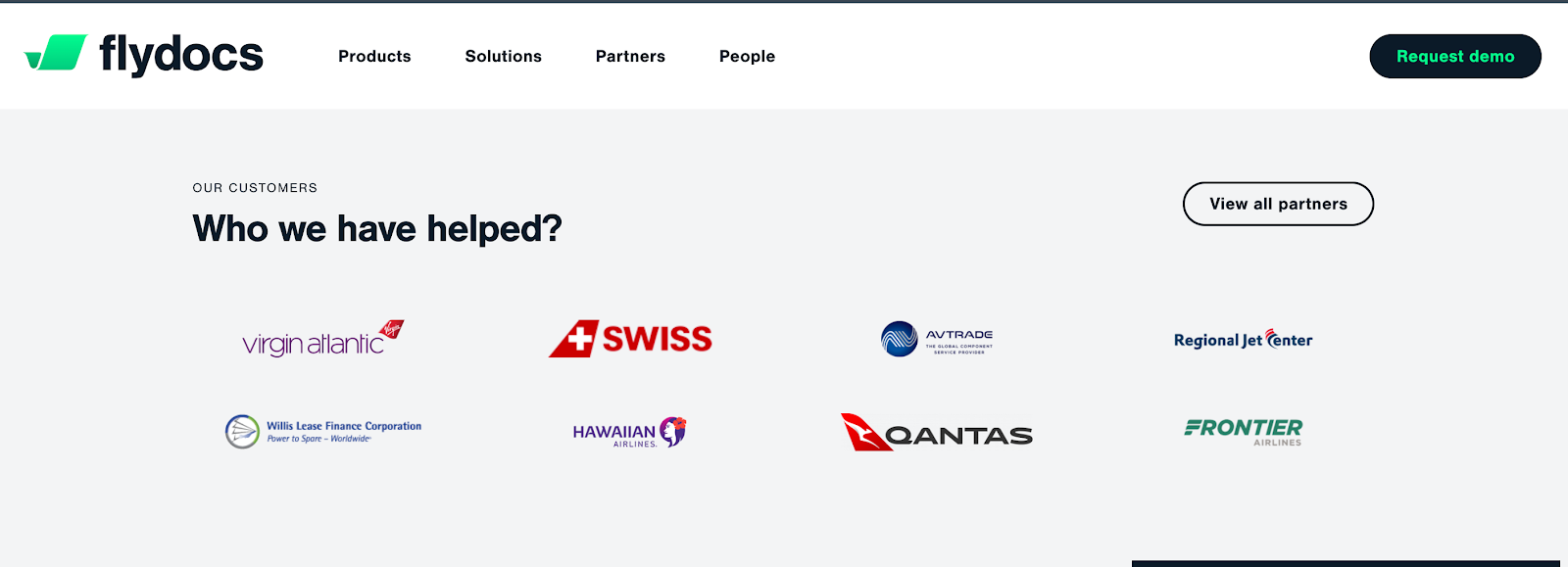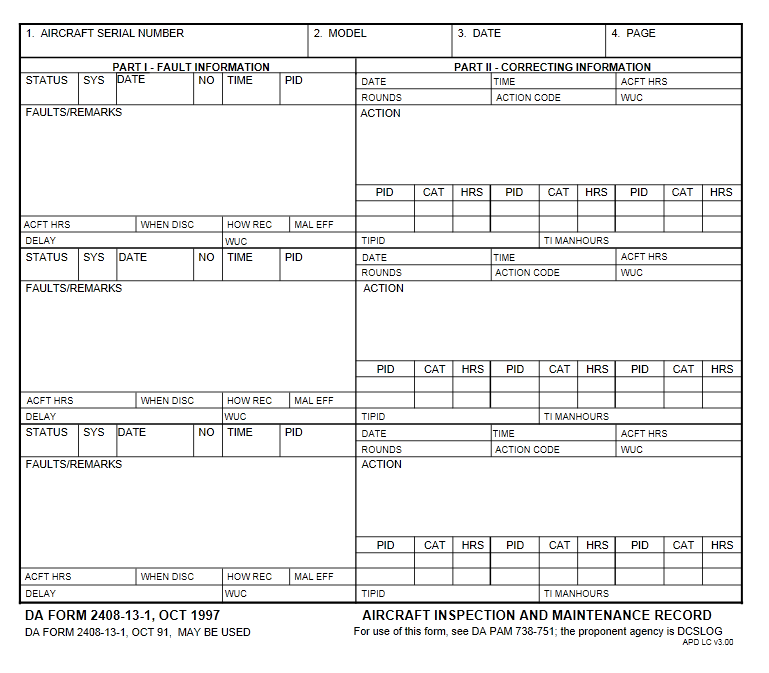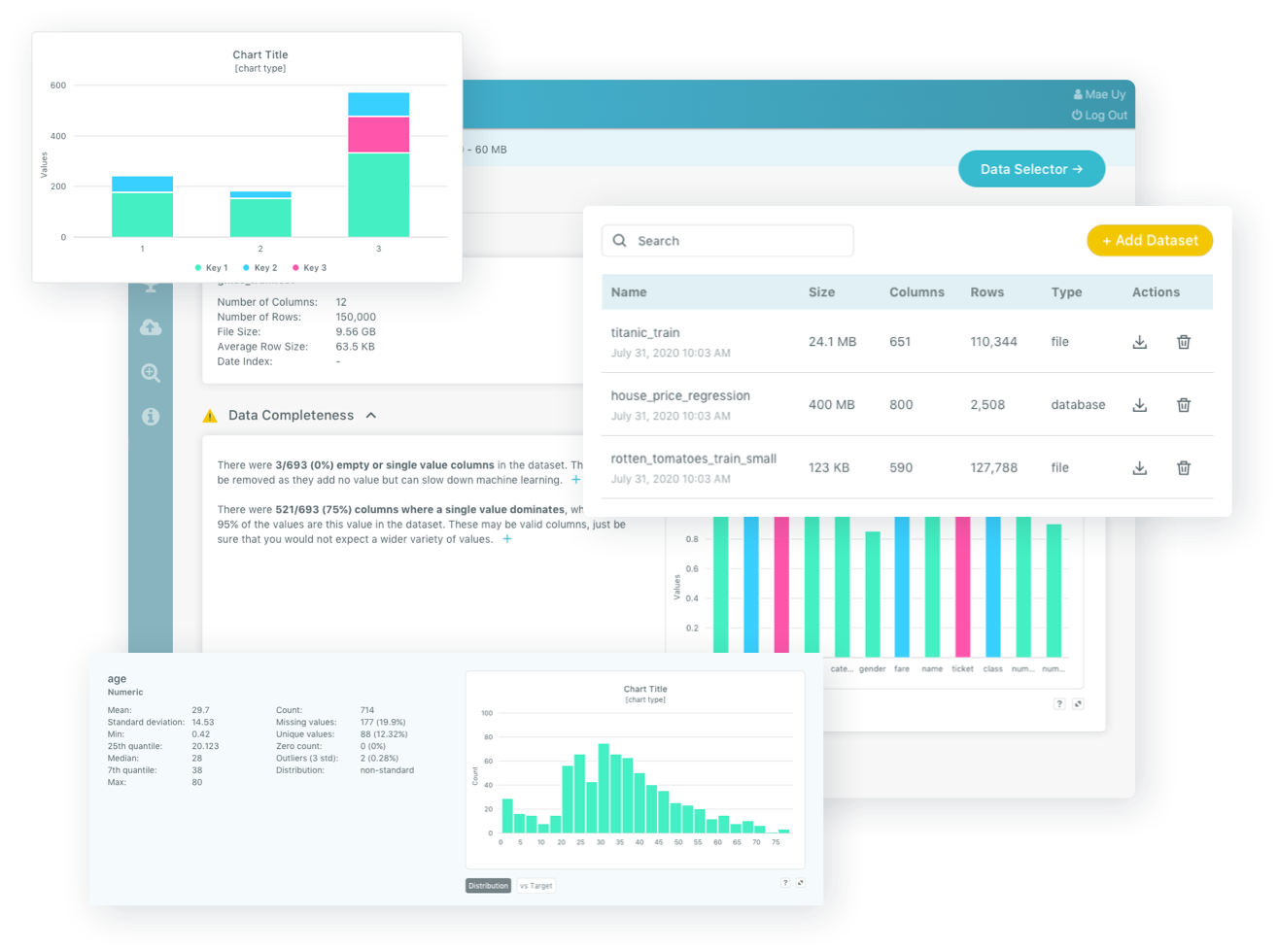
AI supply chain optimisation for platelets to reduce costs
54%LESS EXPIRES
100%LESS AD HOC TRANSPORT
06MONTH FULL DIGITAL TRANSFORMATION

Using AI to automate 98% of document classification
Flydocs, an aviation document asset management platform, handles over 572 million documents and it is essential for each one to be associated with the correct part and aircraft to comply with safety in the aerospace industry. Each component, from an engine, piece of landing gear, to the plane as a whole can have tens of thousands of documents belonging to it. flydocs helps airlines retain the value of their planes, by digitising every document and using machine learning (ML) to automate the workflow.
By using AI, to create an intelligent automation layer to their platform, Kortical helps flydocs ingest, classify, search and ultimately make decisions against these documents without the need for arduous manual handling thus saving the costly overheads and potential errors of doing this key business process by hand.

The flydocs team were looking for ways to increase productivity and streamline their business process, specifically with the task of identifying exact repair items within the extensive maintenance history for each asset. This tedious task involves finding a few hundred important documents e.g. find repair logs with info “this engine has been hit by lighting” within a body of up to 1 million irrelevant records, such as routine maintenance, purchase orders, receipts etc. This was a manual data entry process where even the best trained team took a long time to read and accurately classify each record resulting in potentially months worth of man-hours for each aircraft.
The records could be like the one shown, and flydocs stores them digitally and then they were using human intervention to classify them into each type of document.

While often the first port of call is robotic process automation (RPA) for this style of task automation, as there isn't an exact word or phrase used every time, RPA would fall short and not capture all the required documents. They needed artificial intelligence, and specifically natural language processing, for this more complex business process automation.
Flydocs had the vision to implement ML for intelligent document processing, they needed an AI cloud platform to accelerate their delivery of intelligent process automation and data science support to get them started on their artificial intelligence journey.
The first step to deliver the intelligent automation solution, was to use optical character recognition (OCR), to extract the unstructured data and populate the right fields, ready for machine learning. They then uploaded a range of each type of document into Kortical, and let the platform automatically train 1000’s of ML models for this Natural Language Processing (NLP) task.
Once the best model was validated and tested, that the data trained on was of a high quality and the results once deployed would be accurate, with 1 click the ML model was deployed and hosted on Kortical’s AI cloud platform ready for integration within the flydocs platform.

We used our Superhuman AI Automation framework, to be able to create a machine learning automation solution that is able to perform at human intelligence level or above, in a short period of time. The aim is to ensure that the ML beats the existing processes, and thus gives flydocs the confidence to ensure that the automated process is performing better than current business processes. More details on this approach can be found here.
For any document data that the ML model is not confident on, the workflow is to send it to a person to review, which adds to the training data for the machine learning. The intelligent automation solution therefore is getting smarter over time, and as new business processes are developed the artificial intelligence can adapt to new data. By using Kortical the ML models are deployed easily, when required, thus keeping this high value process consistent and effective over time.
The flydocs intelligent automation integration has been a huge success as it is able to replace legacy systems and manual processes, by automating the task by over 98%! All while maintaining the high levels of accuracy needed to use cognitive technology in this industry.
This directly translates to time savings for on-boarding new customers and aircraft with the added business benefits that the existing workforce are able to concentrate on the more complex tasks. Because machine learning can adapt and relearn, intelligent automation will be fit for purpose for the long-term and flydocs will continue to deliver game changing innovation for the industry.
Whether you're just starting your AI journey or looking for support in improving your existing delivery capability, please reach out.
By submitting this form, I can confirm I have read and accepted Kortical's privacy policy.